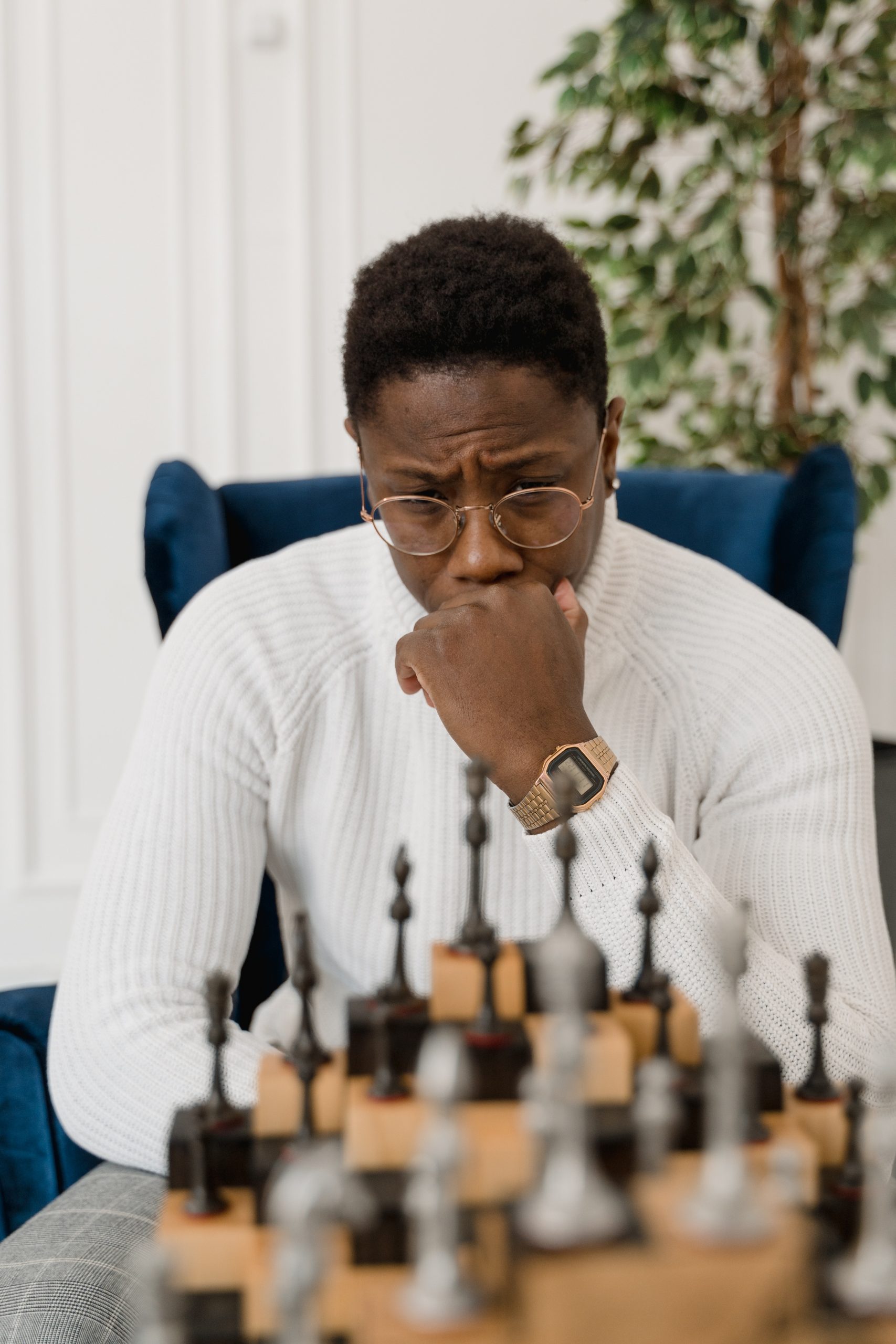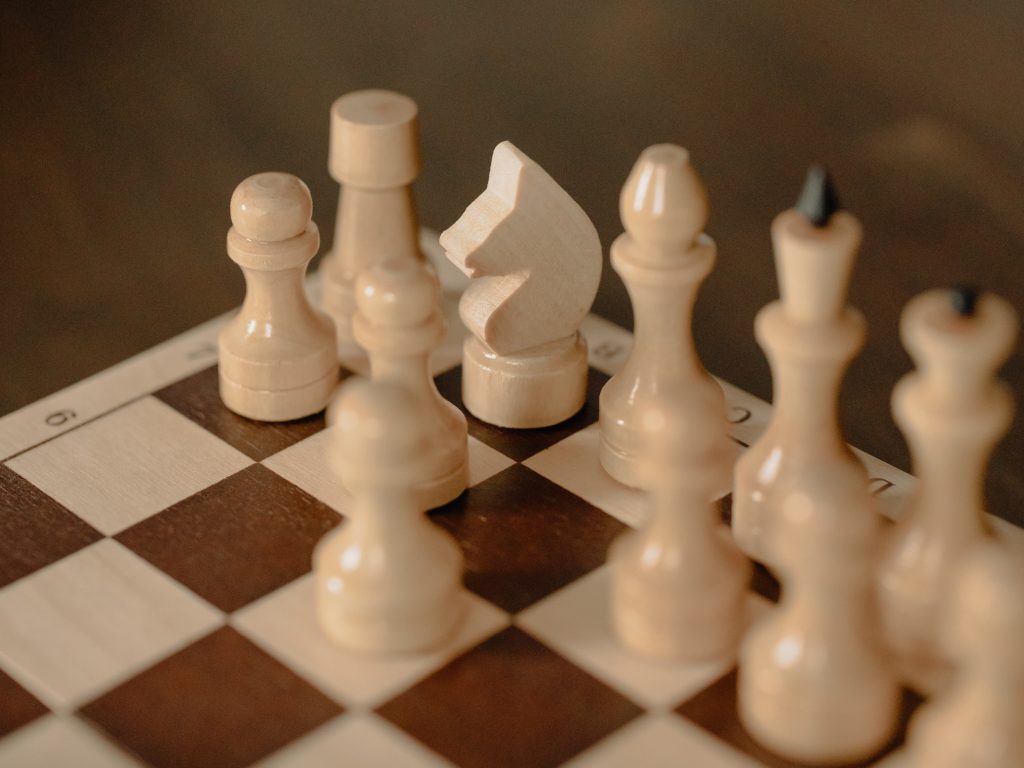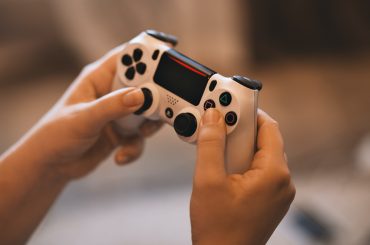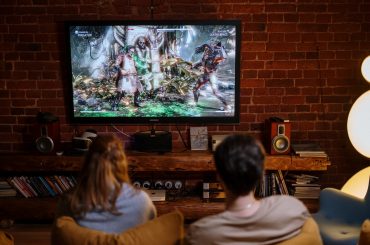Over 99 % of chess players perform well below their optimum potential. Wouldn’t it be fantastic if you could just turn a switch and instantly improve your chess skills? Unfortunately, it does not function that way; if it did, everyone would already be a Grandmaster. Don’t be alarmed; there are a few topics that I cover that operate just like that magic switch. You won’t become a grandmaster or even a master overnight, but if you follow even part of the suggestions offered here, you’ll notice that you start improving [especially if you’re stuck and don’t know where to start].
1. Play chess like a pro.
Everyone admires Grandmasters and aspires to play like them until it’s time to do what GMs do best: work their tails off! Most players never give it a go. The majority of players never do. Some people give it a go once or twice and then give up.
It makes no difference if you are rated 1000 or 2200, 10 or 70 years old, if you are sincerely enthusiastic about the game. There is no way you can fail if you give it your all, invest time, get up early, and workout consistently!
2. Don’t be afraid to believe in yourself.
“I’m 71 years old – and can never improve, what should I do?” and “I don’t have access to chess materials, therefore I can’t progress, what should I do?” are some of the inquiries I’m getting. “I don’t have time to practice chess; how can I improve?” or “I don’t have time to practice chess; how can I improve?” As I previously stated, it makes no difference what your age, Elo, IQ, or any other ‘number-excuses’ you have to rationalize why you don’t progress.
The true explanation for this is that you aren’t putting enough effort into it or aren’t doing things correctly in your training (or possibly both). Remember that everyone has 24 hours in a day when it comes to not having enough time. If you sincerely want to improve your chess skills, I’m confident you’ll be able to set aside 1-2 hours each day, a few times per week. If you can’t, it’s time to focus on your time management skills. Perhaps keeping track of how you spend your time and improving your organization.
If you don’t have the funds or resources to enhance your game, rest assured that you can work on it and improve it on almost any budget. Some of your old habits may need to leave, and you may need to make some adjustments or venture outside of your comfort zone. Change is difficult, but if you sincerely desire something, you will find a way [and we will assist you]. A positive attitude will always assist you in doing more and much more quickly.

3. Don’t be sceptical about training.
Many club players are wary of any kind of chess tuition. Even if you are still at the beginner stage – chess openings for beginners – and the programme or book has a history of success, many will say to themselves, “So what if it’s worked for others, but I’m sure it won’t work for me!”. Practising with this mindset is not a good idea because you are essentially setting yourself up for failure.
Trusting the training and following the instructions and suggestions while keeping your mind open is a far better strategy. Because the thoughts are material, you’re more likely to be shocked by how successful the training truly was.
Do you know why children learn so much more quickly than adults? Part of the reason for this is that they don’t question themselves and have high dreams.
4. Don’t be concerned about the outcome.
Many athletes are stressed out about their outcomes, which is one of the most serious issues they face. Everyone, of course, enjoys winning. And I’m not suggesting that you should disregard the outcome of your games entirely. Whether you want to perform at your best, concentrate on the board rather than what will happen if you lose, win, or draw.
Chess is already a difficult game. You’re diverting some of your attention away from the board by focusing on other things like rating changes, tournament rankings, and the negative ramifications of the defeat. You don’t want to hand off something for free to your opponent. Avoid this by simply refusing to let negative thoughts to enter your head, and you’ll have a significant advantage.
5. View each setback as a learning opportunity.
Do you know why chess masters are so much more powerful than chess beginners? Because they have more experience, are better at tactics, have a greater degree of positional knowledge, have stronger endgame abilities, and so on. Let’s just concentrate on the experience element for a while. That’s a big deal, and there aren’t any shortcuts here.
What exactly is experience?
Experience is the ability to assess your position on the board based on your prior experiences. Masters have often accumulated years of competitive experience. They won a lot of games and lost a lot of them. The majority of advancement is made via losses. That’s true, it’s the defeats that cause it, not the wins.
Winning merely indicates that you are not being pushed sufficiently. A defeat indicates that there is an area where you can enhance your game. That is extremely valuable to both weak and powerful players. You will become a lot stronger player in no time if you learn from each setback and treat it as a learning opportunity rather than a failure. That is why it is critical to examine your losses and determine what caused them.
Do you have any idea why some gamers have a low rating for decades? They fail to see the source of the problem and continue to make the same mistakes for years. I’m sure you don’t want that, which is why you’ve identified (or will begin to discover) your flaws.





